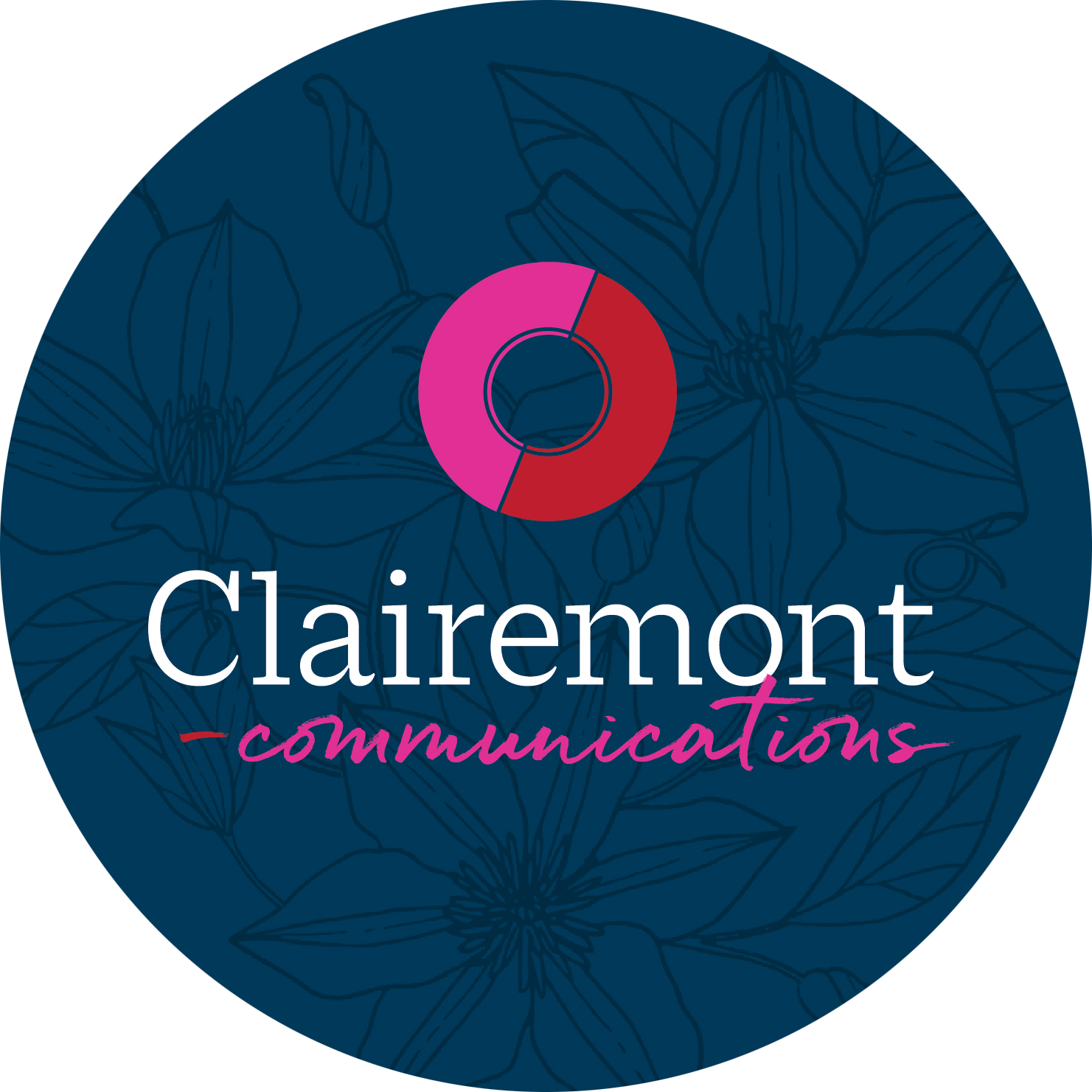You’re ready — primed and excited to connect with your PR agency and finally unveil your big announcement. You can almost see the articles populating your newsfeed or dancing across the 6 p.m. evening news.
But before you go blasting your information into the great big media-sphere, be sure that you’re positioning both you and your PR agency for success. Here are the common ways you can hamstring your news story. Avoid these!
1. Ask your team to pitch something that isn’t news.
Many businesses believe that internal milestones constitute “news.” And while they’re certainly important to the company, it often doesn’t apply to the general public — or to the media. As fun as it is, a new slogan or brand rarely is news. Nor is an internal anniversary (except maybe that time we created a mega media event for a client’s 5th anniversary).
Run through the gamut of test questions: Is my story something new? (Simple yet vital question.) Is this news something that will directly change the reader’s day tomorrow? Is it timely or relevant to anything else? Here’s where a good PR team can bridge the gap by helping you identify newsworthy pitches and develop solid stories around what may initially seem like a non-news event.
2. Provide an unreasonable timeline.
At Clairemont, we work efficiently and effectively on short deadlines, especially in situations of breaking news or a crisis. However, whenever possible, plan ahead for your big release. Allow time for the team to get all details, ask key questions and develop a solid pitch strategy. Also build in a little cushion to allow for approval from any company leaders and partners.
3. Write by committee.
Trust your PR agency to craft the strongest angle and to create media materials that nail your coverage goals. Resist the urge to over-edit news releases or statements, or micro-manage the pitch strategy. Not only will this delay the process, “heavy meddling” — as we call it — can muddy the message and weaken your news.
4. Pitch on your own.
… especially if you’re working with a team of PR professionals. Our job is to know the media landscape and leverage our well-honed media relationships, connecting the right story with the right reporter. Do not begin to pitch your news at the same time to “a friend” who you happen to know at the local paper or “that guy” at the TV station. Double-pitching is a no-no and may dilute your message.
5. Be unavailable for interviews.
Media often work on a short deadline, and if they agree to an interview, time is of the essence. Provide your schedule of availability to your PR agency prior to the pitching process, and remain available during those times. Stay flexible as well for impromptu interviews. It damages relationships with media to promise them an interview slot and then cancel at the last minute. Be reliable and helpful.
6. Go “off message” in an interview.
Often times, your team and you will craft talking points or key messages to support the overarching story. Make these your cornerstones in your interview. Don’t begin second-guessing the facts, changing the narrative or contradicting the confirmed message. This will not only confuse the reporter but also may sink the story altogether.
Looking to get your company in the news? Drop us a line to chat about a pitch strategy for your announcement or event!

